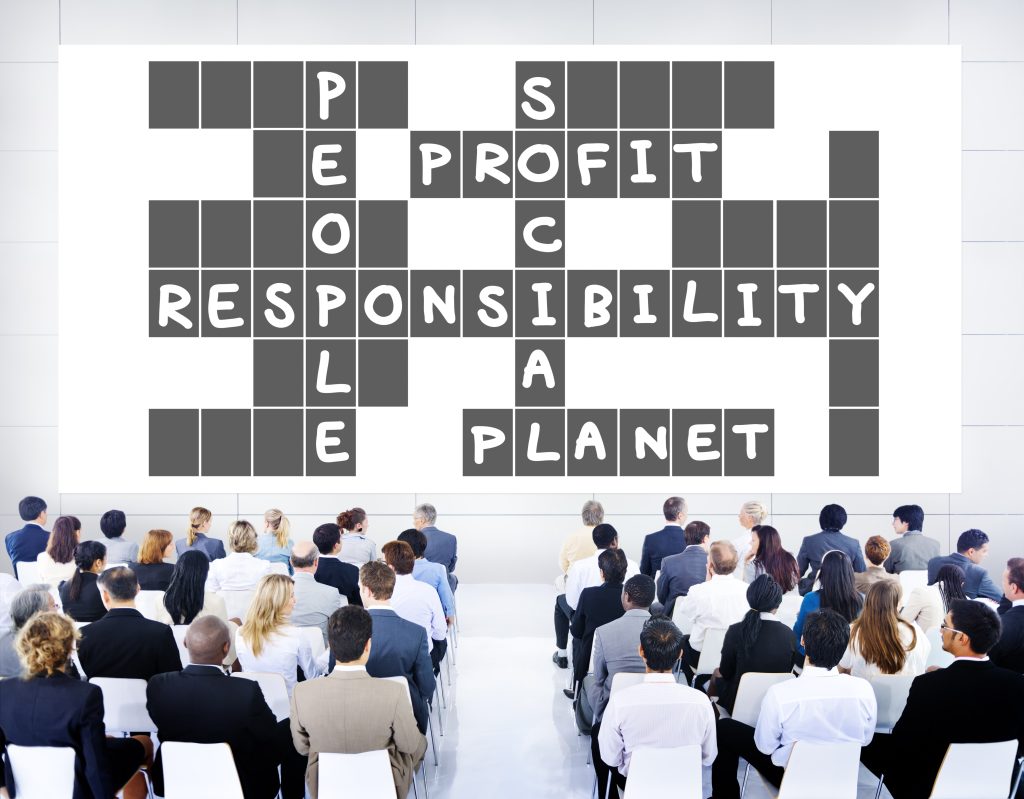EMBRACING EU CORPORATE SOCIAL RESPONSIBILITY: CHALLENGES AND OPPORTUNITIES OF BUSINESS-SOCIETY BONDS TRANSFORMATION IN UKRAINE – 101094100 — EECORE — ERASMUS-JMO-2022-HEI-TCH-RSCH-UA-IBA / ERASMUS-JMO-2022-HEI-TCHRSCH
Project starting date: 1 October 2022
Project end date: 30 September 2025
Project duration: 36 months
The module promotes, shares and advances in Ukraine the EU policy and practice in the realm of Corporate Social Responsibility & Responsible Business Conduct (CSR/RBC) and Social Entrepreneurship (SE) through developing two educational, one certificate course, and two trainings for various target groups, conducting research, thereby contributing to the formation of contemporary economic thinking among economic professionals in Ukraine, in line with European cultural traditions.
The project provides the following teaching activities: “CSR/RBC” (30 hours per year, for master students); “SE” (30 hours per year, for master students); ‘CSR/RBC and SE’ (30 hours per year, online certificate course for Master and PhD students); ‘University social responsibility (USR): HEIs and social responsibility’ (10 hours per year, Training for senior university management); ‘CSR/RBC and SE for MSMEs’ (20 hours per year, Training for owners, senior management and representatives of MSMEs). Besides, EECORE will create and maintain an online knowledge platform and benchmarking database for CSR/RBC and SE, and conduct research (output: 5 articles, including 1 English-language in Scopus or Web of Science CC).
From 01.10.2022 to 30.09.2025 the module EECORE promotes, shares and advances in Ukraine the EU policy and practice in the realm of Corporate Social Responsibility & Responsible Business Conduct (CSR/RBC) and Social Entrepreneurship (SE) through developing two educational, one certificate courses, and two trainings for various target groups, conducting research, thereby contributing to the formation of contemporary economic thinking among economic professionals in Ukraine, in line with European cultural traditions.
Therefore, emphasis on CSR/RBC in MSMEs and promotion of social entrepreneurship are two pillars of the project that differentiate it from others and demonstrate the impact it is going to have on target groups. We invigorate the grassroots approach as opposed to the top-down approach and we want to show the impact of this movement from the bottom, on the example of the European experience on forming business-society nexus. Our project also correlates with the decentralization processes that are currently taking place in Ukraine with a greater emphasis and role in decision-making at the bottom level. CSR&RBC is a great tool that perfectly fits into that narrative as it is defined by Sheehy as “international private business self-regulation”.



